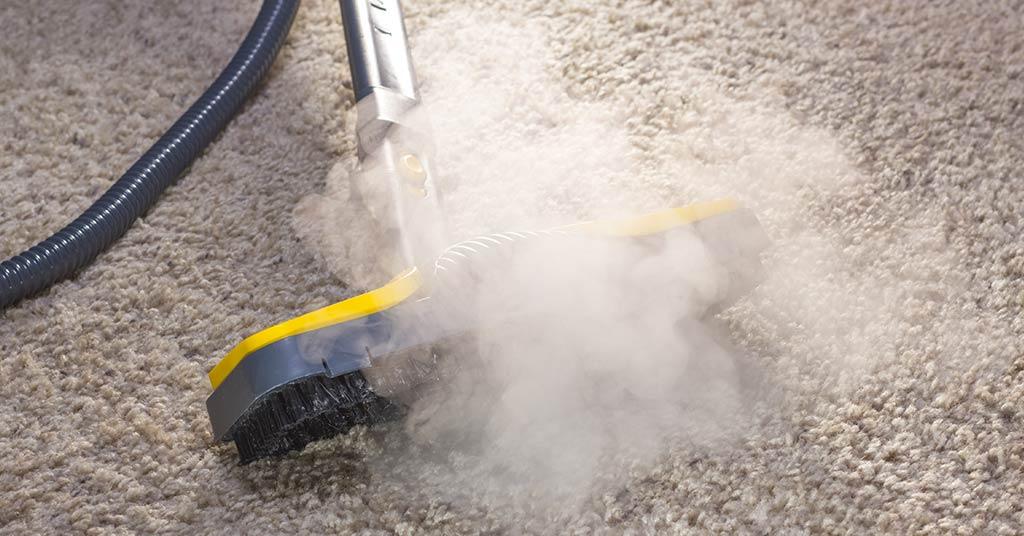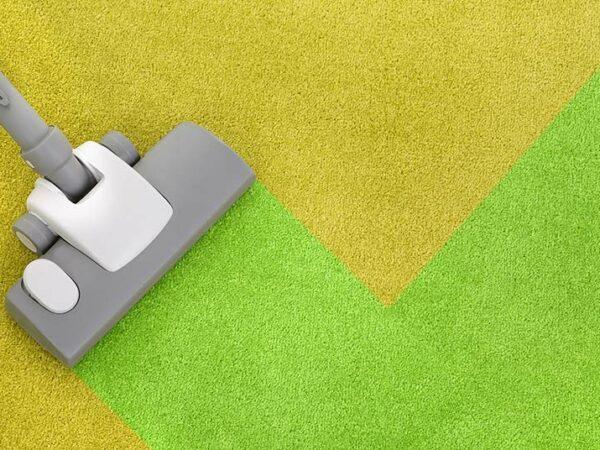
In the Cape, October is peak hay fever month, with trees, grasses and weeds all producing an abundance of pollen. This time of year can be trying for the roughly 20 percent of us who suffer allergic reactions, such as itchy eyes, sneezing, asthma and eczema.
You may not have considered this, but if you or members of your family are susceptible to allergies, the type of flooring you choose can make a big difference.
Carpeting versus hard flooring
The relationship between carpets, asthma and allergies has been the subject of several scientific and medical investigations.
Many people assume that hard flooring is a better option for allergy sufferers than carpets. This seems logical, given that carpets can trap allergens such as dust mite faeces, dirt, dust and pollen. However, the studies don’t agree.
Across several studies, there was no increase in the incidence of asthma or allergies, in either children or adults, in carpeted rooms. Also, the popularity of carpets has been gradually decreasing for many years, while incidences of asthma and hay fever have both continued to increase.
It’s true that carpeting traps particles, and it’s this characteristic that may actually be a benefit for hay fever sufferers. These trapped allergens are less likely to be disturbed by foot traffic and air movement than the particles present on hard flooring.
As a result, having carpets can minimise the level of allergens in the breathing zone, resulting in better quality air.
The best carpeting for allergy sufferers
The assumption is that synthetic carpeting is preferable to other types of carpeting for hay fever sufferers. This is because it’s made to repel allergens.
However, if you suffer from allergies, it may be preferable to choose wool or other natural fibres, which trap allergens and so prevent them from floating up, into the breathing zone.
When selecting carpeting for your home, choose low pile, looped carpeting because it’s easier to clean than carpeting with long strands.
It’s also important to buy carpeting with low volatile organic compound (VOC) levels. Toxic emissions from carpets with high VOC levels can cause allergic reactions, including headaches, rashes and respiratory problems.
Keeping your carpets clean
Although carpets are theoretically better for allergy sufferers than hard flooring, it’s important that you keep them clean. Regular vacuuming is important for removing dirt and pollen build-up.
If possible, use a vacuum with a rotating brush bar that can get right to the base of the pile. It’s also a good idea to time professional carpet cleaning for part-way through peak allergy season, to reduce the presence of allergens in your home.



